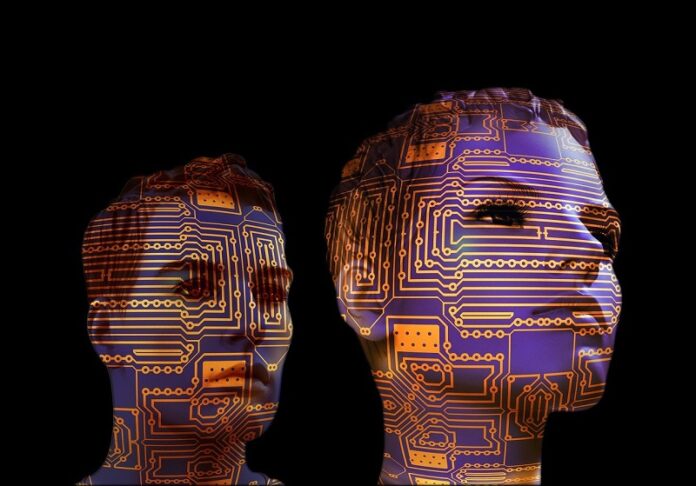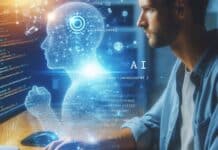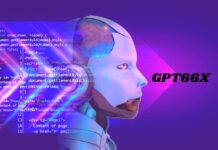An AI index report at the Stanford Institute for Human-Centered Artificial Intelligence (HAI) shows policymakers’ increasing interest in AI. According to the analysis in that index report, AI-related bills passed into law across the legislative records of 127 countries increased from just one in 2016 to 37 in 2022. The evolution of AI will most likely cause fundamental changes in various socioeconomic systems, and countries are preparing for them.
It raises some questions about the economic and social implications of artificial intelligence. People are eager to know what to expect in this new era of AI. Here are the possible socioeconomic consequences of a new AI era.
A Catalyst for New Economic Growth
Goldman Sachs has thoroughly studied the concept of generative AI. Their research results show that AI could raise global GDP by 7% and cause significant changes in the global economy within the next decade. In a report, Joseph Briggs and Devesh Kodnani, Goldman Sachs economists, wrote that the ability of AI to develop human-like content is a major advancement with large macroeconomic effects. Global and local business enterprises in different sectors like finance, healthcare, software, and agriculture are adopting AI tools to accelerate innovation, automate monotonous tasks, increase efficiency, streamline workflows, and improve overall revenue/profits.
We expect to see global economies and private investors use AI for economic decision-making. For instance, the economic calendar this week shows a list of activities like the BRC retail sales monitor YoY, foreign exchange reserves, API crude oil stock change that may affect some economic, political, and social activities. With AI-powered algorithms, governments can use this historical data from this economic calendar to predict/forecast future economic indicators like GDP growth or inflation and prepare adequately for them.
Changes in the Workplace
Erik Brynjolfsson, Director of Stanford Digital Economy Lab, examined AI and its effect on the workforce from two standpoints: automation and augmentation. According to him, when artificial intelligence is built to substitute human labour, individuals lose their political and economic bargaining power and become dependent on those in control of the technology.
Brynjolfsson sees this as a trap created by an excessive focus on human-like AI (HLAI). In contrast, he stated that when AI is developed and deployed to augment humans rather than mimic them, humans retain their power to take part in the value created. Brynjolfsson believes that AI focusing on augmentation generates more value than AI which is merely human-like.
Nevertheless, Brynjolfsson points out that stakeholders like policymakers, business executives, and technologists in the AI era are more likely to favour AI for automation than AI for augmentation because of the excess incentives it promises. This may lead to the automation of certain full-time jobs and the creation of new ones. There’s also a possibility that this automation will not result in layoffs; rather, they’ll act as productivity tools to complement the jobs of human workers.
A New Look at Social Interaction
When relating AI to social interactions, we usually think about AI-powered chatbots, voice-activated virtual assistants like Alexa and Siri, and most recently, ChatGPT. AI has gone a little further than this and has other applications. Most Artificial intelligence models can now recognize gestures and faces and tell the difference between identical objects. AI can generate pictures, create videos, imitate voices, and convert text to speech using AI voice generator.
With these advancements, there’s an opportunity for better social interactions, but it also comes with some challenges. AI is prone to errors and may give false information. On the other hand, there’s a risk of abuse of AI’s capabilities which can erode social trust, proliferate fake news, and lead to AI-based privacy violations. Various countries and tech giants across the world are putting regulations in place to curb these growing threats and ensure safe artificial intelligence, which allows for healthy social acceptance and use.
Taking Advantage of the AI Era
It’s not just about the technologies and the advancements it brings. It’s about being able to take advantage of these technologies to make ourselves and our society better. AI has many benefits that we can explore to become more productive, better versions of ourselves, and create more value for our community. How we use AI technology will define, to an extent, the kind of people we are.





